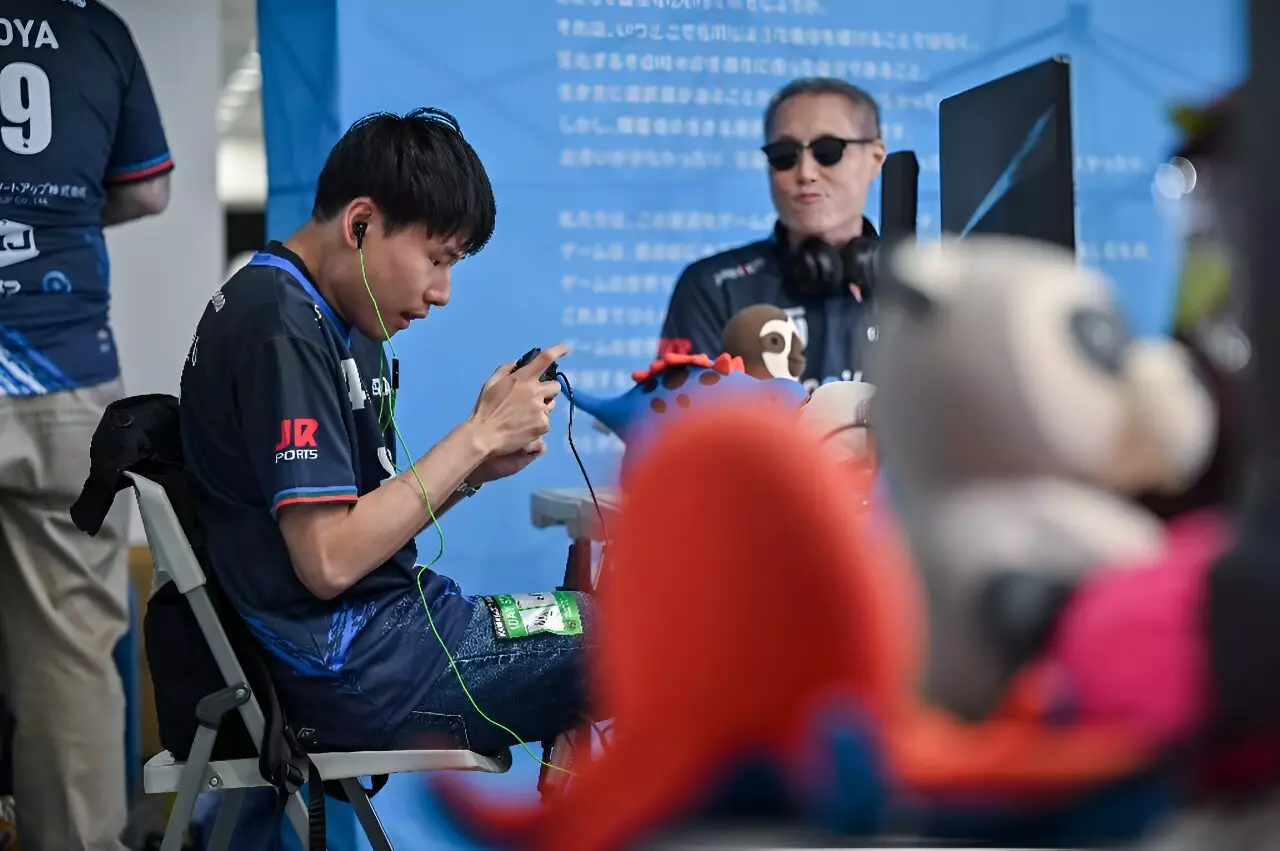The story of Japanese eSports gamer, Mashiro, who is blind, showcases the potential of artificial intelligence to empower individuals with disabilities. Mashiro tested the latest version of AI chatbot ChatGPT to navigate his way to a stadium for a Para eSports meet-up. He expressed his desire to be able to travel independently without relying on others, emphasizing the importance of technology like ChatGPT in designing personalized support for individuals with special needs.
The development of AI tools such as OpenAI’s GPT-4o and Google’s Gemini has opened up new possibilities for enhancing accessibility in education, employment, and daily services for people with disabilities. These AI technologies understand voice, text, and image commands in multiple languages, making them versatile tools for a wide range of users. Mashiro’s experience with ChatGPT demonstrates how AI can cater to specific needs better than traditional assistive products, promoting independence and empowerment for individuals with disabilities.
While AI shows great promise in improving accessibility for people with disabilities, there are also challenges and limitations to consider. Masahide Ishiki, an expert in disability and digital accessibility, pointed out the need to improve the accuracy of real-time visual recognition in generative AI tools like ChatGPT. Additionally, Marc Goblot of the Tech for Disability group raised concerns about AI being trained on mainstream datasets that may not fully represent the diverse needs and perceptions of all individuals with disabilities.
To overcome the challenges and limitations of AI in serving people with disabilities, it is crucial to continue developing and refining these technologies. Enhancements such as connecting AI tools like ChatGPT to mapping software can greatly improve the user experience for individuals like Mashiro who rely on these tools for navigation. By addressing issues like limited recognition of languages and locations, AI can become an even more effective tool for promoting independence and accessibility for people with disabilities.
Despite the current challenges, the future of AI for people with disabilities looks promising. With ongoing research and development, AI technologies have the potential to revolutionize accessibility and empower individuals with disabilities in new and innovative ways. As technology continues to advance, individuals like Mashiro can look forward to more seamless and personalized experiences that enhance their independence and quality of life.
The story of Mashiro and his use of AI technology highlights both the promise and challenges of artificial intelligence for people with disabilities. By leveraging the potential of AI tools to cater to specific needs and addressing limitations through ongoing innovation, we can create a more accessible and inclusive world for individuals with disabilities.


Leave a Reply